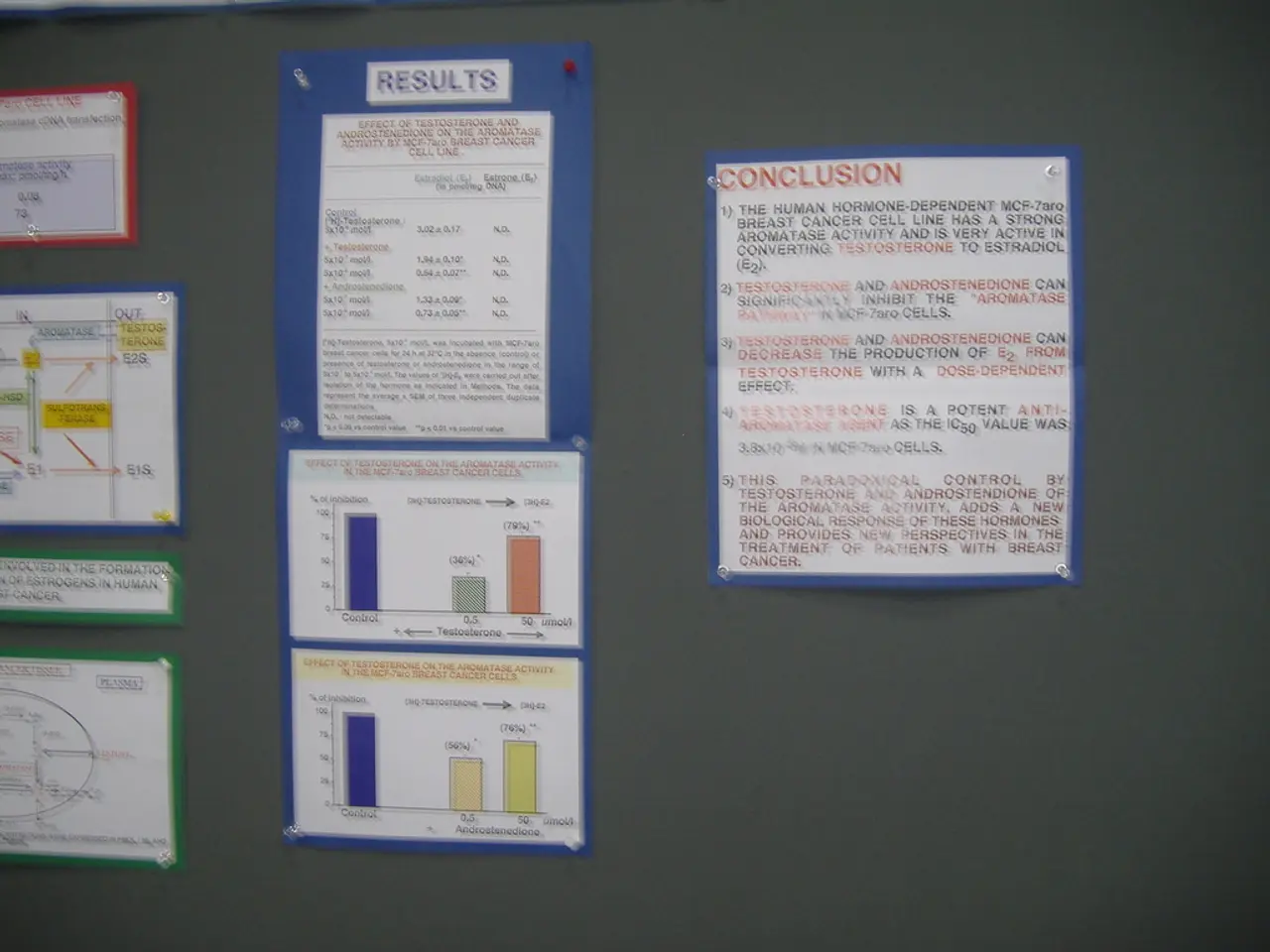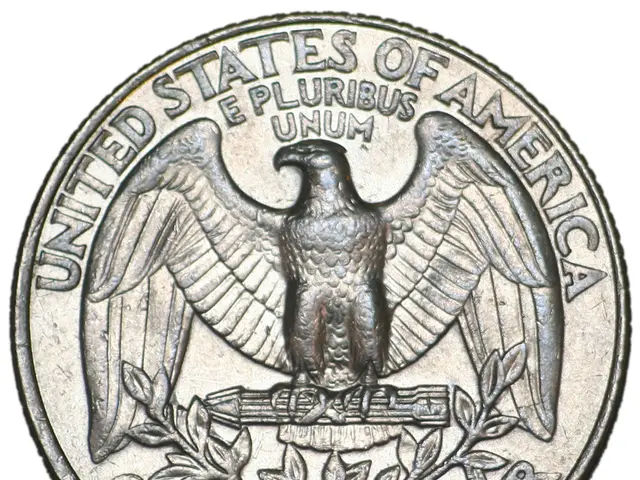Shell Expresses Delight
Royal Dutch Shell (WKN: A3C99G) has reported a mixed performance for the second quarter of 2025, with total revenue decreasing to $3.6 billion from $4.78 billion in Q1. The decline was primarily due to a 25% drop in upstream revenue, partially offset by 6% growth in integrated gas and 11% growth in renewables revenue[1].
Adjusted earnings fell by 32% to $4.3 billion, and adjusted EBITDA declined 20% to $28.6 billion. Operating cash flow decreased to $11.9 billion, while capital expenditure rose, causing net debt to increase to $43.2 billion at quarter-end[1][2].
Despite these challenges, Shell managed to deliver solid results in the second quarter. The company's efficiency program has delivered significant structural cost reductions, amounting to $3.9 billion since 2022, with $800 million saved in 2025 alone. Most savings come from operational improvements rather than portfolio divestments, including automation and AI applications in upstream and supply chain functions[3].
The ongoing $3.5 billion quarterly share buyback sustains shareholder value alongside a 4.11% dividend yield[4]. This buyback strategy aims to offset lower oil prices and enhance shareholder value, supported by strong free cash flow of $5.3 billion despite market volatility.
Shell's balance sheet remains solid, with high reserves and a target of achieving between $5.0 and $7.0 billion in savings by the end of 2028. The dividend yield for Shell remains substantial at four percent, combining steady dividends with buyback-driven earnings per share growth for a dual income model.
Shell's Chief Financial Officer Sinead Gorman noted that economic conditions remain challenging due to geopolitical tensions and macroeconomic uncertainties. Dividend payments totaled $2.1 billion, making the total shareholder distributions 46% of the operating cash flow.
Investors were pleased with the continuation of the share buyback program, with a volume of $3.5 billion planned for the next three months. This marks the 15th consecutive quarter with buybacks of at least $3.0 billion for Shell.
The Shell share is gaining in today's trading, reflecting investor confidence in the company's focus on cost discipline, capital returns, and transition to lower-carbon energy while managing challenging macroeconomic conditions.
Sources:
[1] Shell Q2 2025 Results: Revenue Down, Earnings Decline, Net Debt Increases. (2025, August 2). Retrieved from https://www.shell.com/media/news-and-media/2025/08/02/shell-q2-2025-results-revenue-down-earnings-decline-net-debt-increases.html
[2] Shell Q2 2025 Results: Key Points and Analysis. (2025, August 2). Retrieved from https://www.reuters.com/business/energy/shell-q2-2025-results-key-points-and-analysis-2025-08-02/
[3] Shell's Efficiency Program Delivers $3.9 Billion in Structural Cost Savings. (2025, July 21). Retrieved from https://www.shell.com/media/news-and-media/2025/07/21/shells-efficiency-program-delivers-39-billion-in-structural-cost-savings.html
[4] Shell's Share Buyback Strategy Boosts Shareholder Value. (2025, August 2). Retrieved from https://www.ft.com/content/04c99f9a-974e-4269-969d-749a07b2b50b
[5] Shell's Net Debt Increases Due to Capital Expenditures and Investments. (2025, August 2). Retrieved from https://www.shell.com/media/news-and-media/2025/08/02/shells-net-debt-increases-due-to-capital-expenditures-and-investments.html
Shell's efficiency program led to a substantial reduction of $3.9 billion in costs since 2022, primarily through operational improvements and the application of automation and AI in upstream and supply chain functions, demonstrating the company's progress in the finance industry and business. Shell's ongoing share buyback strategy, amounting to $10.5 billion over the past three quarters, indicates the company's focus on finance and shareholder value creation in the business and finance industries.





